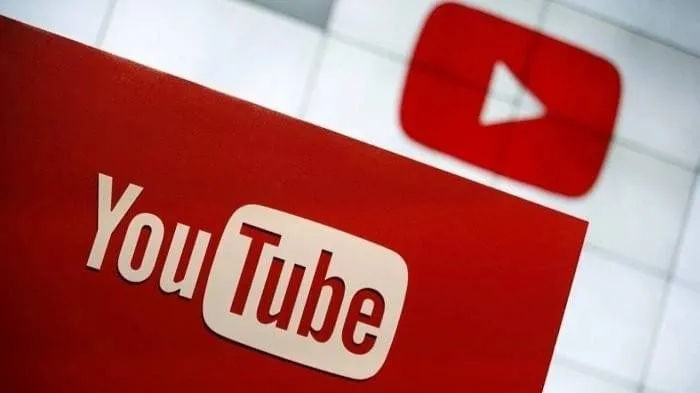Child Rights Panel Summons YouTube Official Over Vulgar Videos Involving Mothers and Sons
On January 11th, 2024, the National Commission for Protection of Child Rights (NCPCR) summoned the head of government and public policy of YouTube India over the indecent portrayal of mothers and children on its platform. The commission has taken cognizance of the matter and has termed the trend as alarming. In a letter addressed to Mira Chatt, YouTube’s head of government affairs and public policy in India, NCPCR chief Priyank Kanoongo expressed serious concerns about the potential harm such content could inflict on the well-being and safety of the children. The commission also highlighted the viewership of these videos, including minors, which raises significant concerns.
The NCPCR has all the powers of a civil court under Section 14 of the CPCR Act, 2005, including the authority to summon and enforce the attendance of any person and examine them under oath, as well as the production of documents. The commission warned that failure to comply with its order could lead to severe consequences.
In response to the summons, the Google-owned streaming platform sent out a communique to users, urging them to comply with the IT guidelines put out by the Ministry for misinformation and deepfakes. The platform also warned that users who fail to comply may lose access to the platform based on the intensity of the offense.
The issue of indecent content involving mothers and sons on YouTube has sparked public outrage, with many expressing their disapproval of such videos. Child rights activists and concerned citizens have called for stricter regulations and monitoring of content on online platforms to prevent the exposure of children to inappropriate or harmful material.
Opinions on the matter are divided, with some arguing for greater accountability and oversight to protect young viewers, while others emphasize the importance of freedom of expression and the challenges of regulating content in the digital age. Nevertheless, the summoning of YouTube officials by the NCPCR signals a growing recognition of the need to address these sensitive and potentially harmful issues in the online space.


